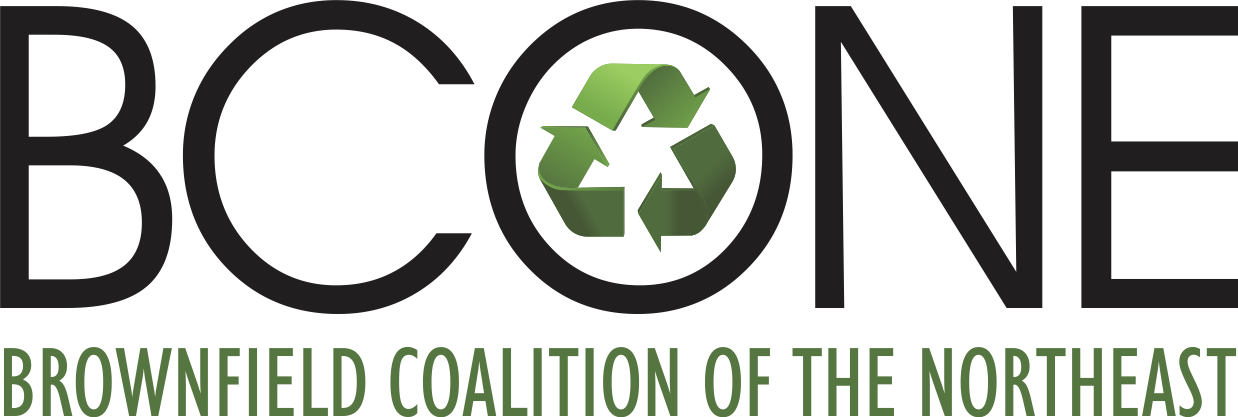By Steve Dwyer
Armed with a mission to create a network of worker-owned enterprises as a vehicle to lift people out of poverty, a greenhouse in Springfield, Mass. built on a brownfield is proving to have a multi-faceted set of advantages -- from reducing the carbon footprint to sourcing fresh produce locally to providing an economic boost to the local community.
The project is regarded as the first worker cooperative commercial greenhouse in Massachusetts, and it recently commenced production on a former contaminated industrial site in this sleepy community west of Boston.
Lettuce with the label “Grown in Indian Orchard” is going to be shipped to produce aisles of some local stores—as well as in salads made for cafeterias in public schools and hospitals.
Full production is commencing this summer at Wellspring Harvest, a 15,000-square foot state-of-the-art hydroponic greenhouse built on a former brownfield site in Springfield’s Indian Orchard neighborhood.
Fred Rose, co-director of Wellspring Cooperative Corp., the parent organization of the greenhouse said in a local news report that the project was four years in the making as it took a long time to execute the business plan, perform site selection before a year of construction was able to start. Wellspring raised $250,000 of the $1.5 million for the greenhouse project through a direct public offering to individual investors.
Built on the site of a former valve factory where components for nuclear weapons were manufactured, the greenhouse culminates the redevelopment of blighted land once contaminated by radioactivity.
The greenhouse will produce a variety of lettuces, greens and herbs year-round for customers that include the Springfield Public Schools, a medical center, a hospital, supermarkets and regional food co-ops.
The principals said demand is strong and are confident the greenhouse will meet its sales projections, as fresh produce can be picked and be on the shelf the same day. Produce shipped from California loses half its nutritional value in the week it takes to arrive to its final destination, so this alternative makes food healthier, fresher and locally sourced—an ideal farm-to-table scenario.
The greenhouse also helps reduce the local carbon footprint imposition and adds an economic component to the local community, including jobs.
The principals said the greenhouse is as much “machine as a building.” That’s because a motorized roof and a series of wall vents control temperature and humidity. The flow of nutrients and oxygen to the plants is mechanically regulated, and vegetable beds sit on tables. A monorail system with baskets connects the growing and processing areas, so the produce never touches the ground.
With lettuce there’s concern about contamination so growing hydroponically serves as a clean, local and secure solution. The principals said there are tentative plans to expand production in a few years to include cucumbers and tomatoes.
There are other examples of how going green in an urban setting can provide a major boost in several aspects.
In 2015, Newark, N.J. became the home to the largest indoor vertical farm in the world. The RBH Group, Goldman Sachs Urban Investment Group, Prudential Financial Inc. and AeroFarms all partnered with Newark city officials and the New Jersey Economic Development Authority on what is now a $30-million renovation that converted an old industrial site into a vertical urban farm.
The site, a 69,000 square foot converted steel factory, serves as the headquarters for AeroFarms, a company that grows leafy greens in indoor, urban facilities. The facility was reported to be producing about two million pounds of green vegetables and herbs each year and brought a host of new jobs to the city.
So many other examples of green development, including green roof systems, are springing up within the BCONE region and across the country, operating on a theory that you can make even more of a compelling difference within your redevelopment plan when you position green on a former brownfield.

